When someone dies
KNOWING WHAT TO DO WHEN SOMEONE DIES.
Sharing memories of a loved one with family and friends is an important part of the grieving process.
This act of sharing memories creates a bond of compassion and respect, which can help ease the pain and provide support you navigate through the grief. A key part of this process is the funeral service.
What to do
What to do first can depend on where the person passed away and the circumstances surrounding their death.
If the death occurs in a nursing home or hospital, please contact us to begin making arrangements.
If the death happens at home, the first step is to call a doctor.
If the death is unexpected or unexplained, the doctor may not sign the death certificate. In this case, the coroner or police will need to be contacted. If you have difficulty reaching a doctor, please contact us, and a funeral director will guide you through the process.
When a coroner is involved
The coroner is a legal officer appointed under the Coroners Act who has the duty to establish the cause of death in certain circumstances.
The coroner may become involved when:
A doctor is unavailable or unable to establish the cause of death
There is a sudden unexpected death
Death occurs from other than natural causes
There is an accidental death
There has been no recent consultation with a medical practitioner
In these cases it is important that the deceased is not moved or disturbed in any way without the permission of the coroner.
The involvement of the coroner is a totally separate procedure from the funeral, so it is worth noting:
It is still the family’s responsibility to organise a funeral
It is the family’s right to choose their own funeral director – there is no obligation to use the funeral director contracted by police and used to transfer the deceased from the place of death to a public mortuary
